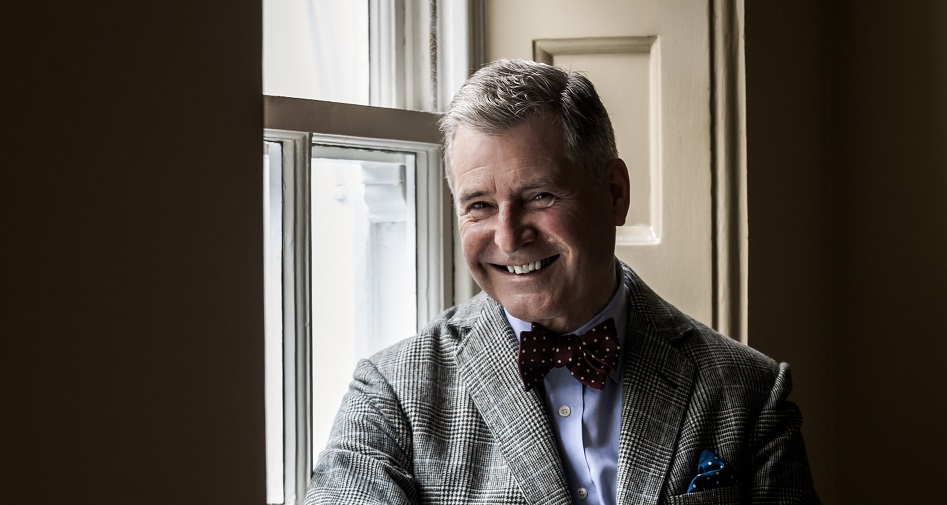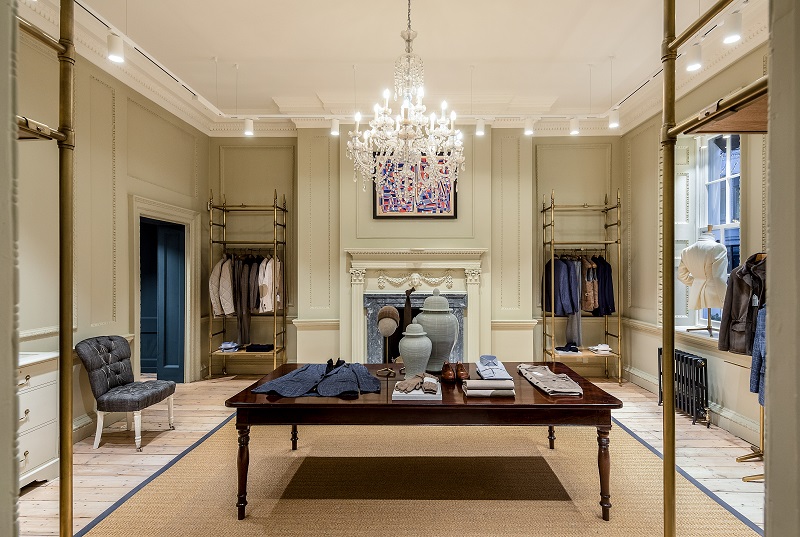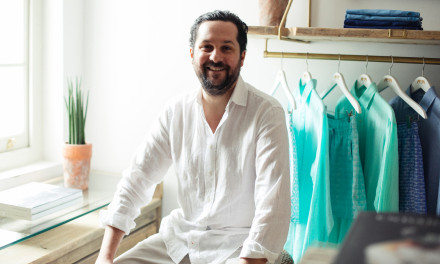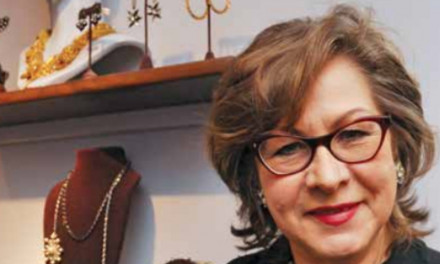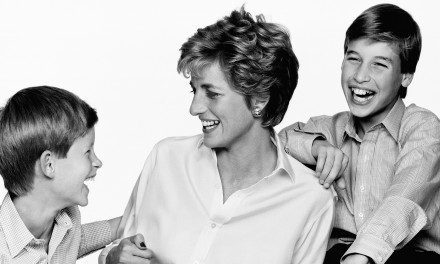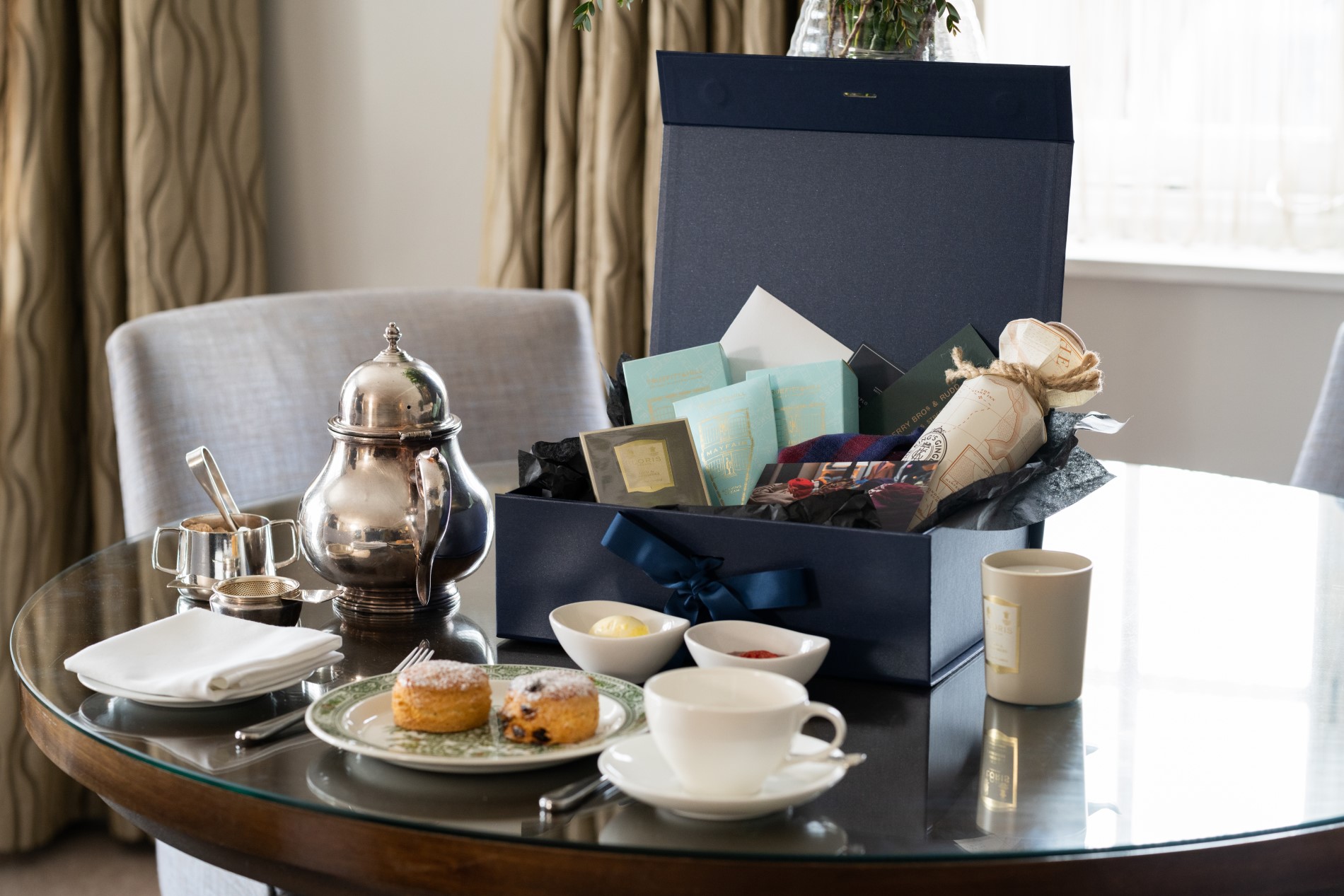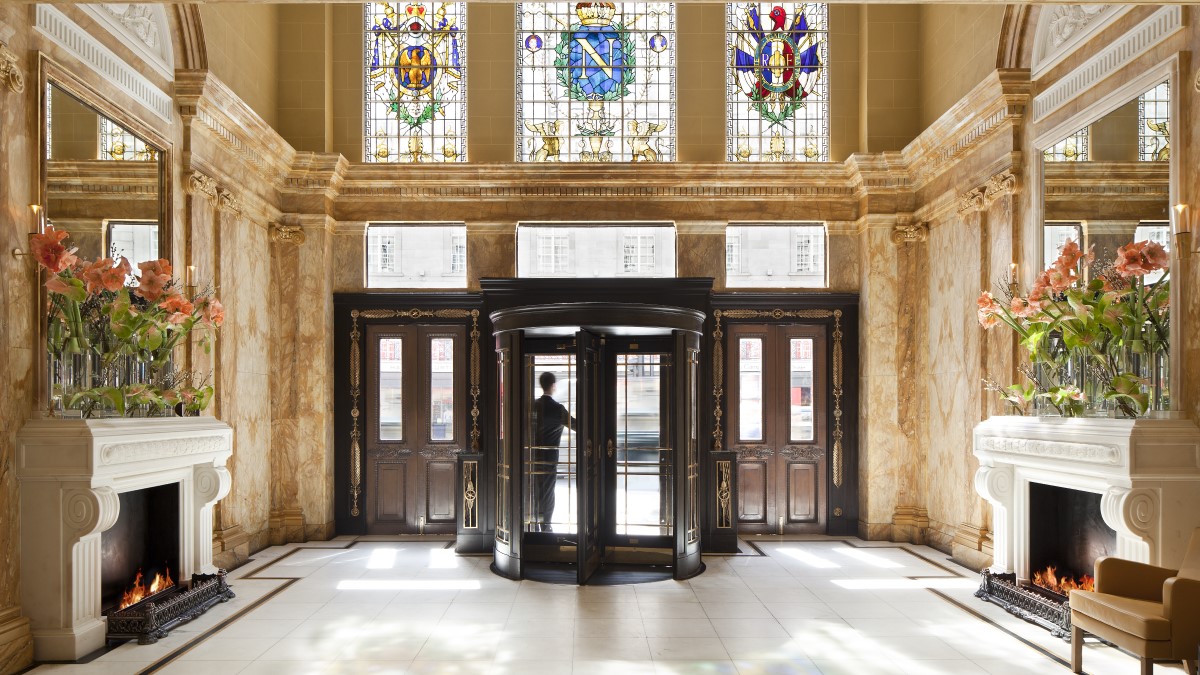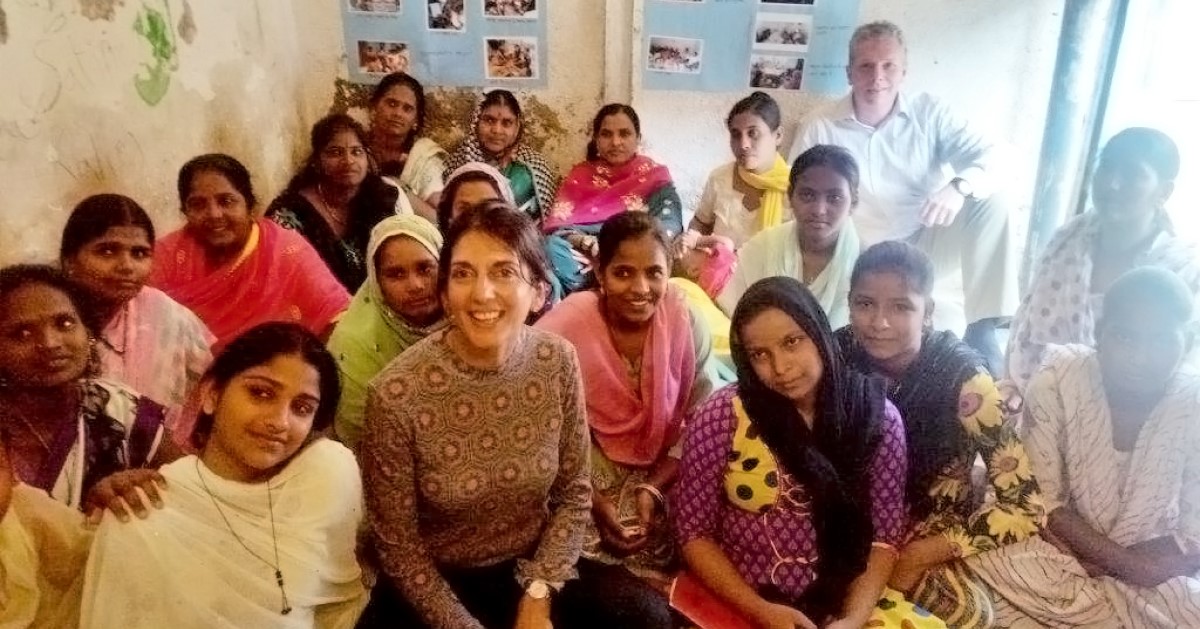Jeremy Hackett’s brand has come a long way since his days selling second-hand clothes at the “wrong end of the King’s Road”.
Words by Sophia Charalambous
From school drop-out to head of a global menswear business, Jeremy Hackett is quite the success story.
He started his clothing brand in 1983, selling second-hand tailoring.
This is despite admitting: “To be honest, I can barely sew a buttonhole.”
And now he has opened a new flagship Hackett store on Savile Row.
When he quit school, his Dad told him: “If you don’t pull your socks up you’ll end up working in a shop.”
But the designer has always worked in fashion, starting at a tailor in his native Bristol to working on the King’s Road and Savile Row by the age of 19.
Retailer's graveyard
He left to start buying and selling second-hand clothes in Fulham. The account manager called this a “retailer’s graveyard” because it was the “wrong end of the King’s Road”.
However, with all the young business people moving into the area, it seemed to work.
“It was the moment of Sloane Rangers, which moved into Yuppies. We've been branded so many different names over the years.
“We're still just Hackett as far as I’m concerned. We’ve had every label you could throw at us,” he says.
Monster
Soon enough, the company became bigger than supply could manage.
So Hackett decided to make his own clothes, which led to “over-expanding” with five shops in Fulham.
“It’s become a monster but it was just as a bit of fun – no money, no business plan, no marketing plan and no PR,” he says.
“Looking back I would say we missed out by not having an accountant involved. But you know – still here.”
Hackett comes with such prestige that people often think the company is inherited, but that is testimony to how he has built his brand.
“Everybody today is a brand within 18 months of opening,” he says.
“You can’t just start a brand – a brand is a business that is nurtured and eventually becomes a brand.”
Hackett’s Savile Row store is going one better than previous openings with the bespoke service working entirely on location, which is also part of the lease agreement.
On opening, the first two people to order a bespoke suit were women.
Sustainability
Hackett is also proud to have fore-fronted sustainability by originally selling second-hand.
But today he believes that bespoke is sustainability.
“It is sustainable and environmentally friendly because 95 per cent of the cloths are wool and we work with Campaign for Wool.
“So we’re doing our bit. We’re using paper bags, not plastic. It’s good we’re all conscious of it. I think fast fashion will slow down. How can you buy and sell a t-shirt for £4? Somebody is suffering somewhere.”
And with what he says are “tough” conditions for retail at the moment, he emphasises the need for the human touch.
“A lot of it is about touch and human contact. The more they get involved with computers, generally, the more they’ll need an outlet for personal expression face to face.”

